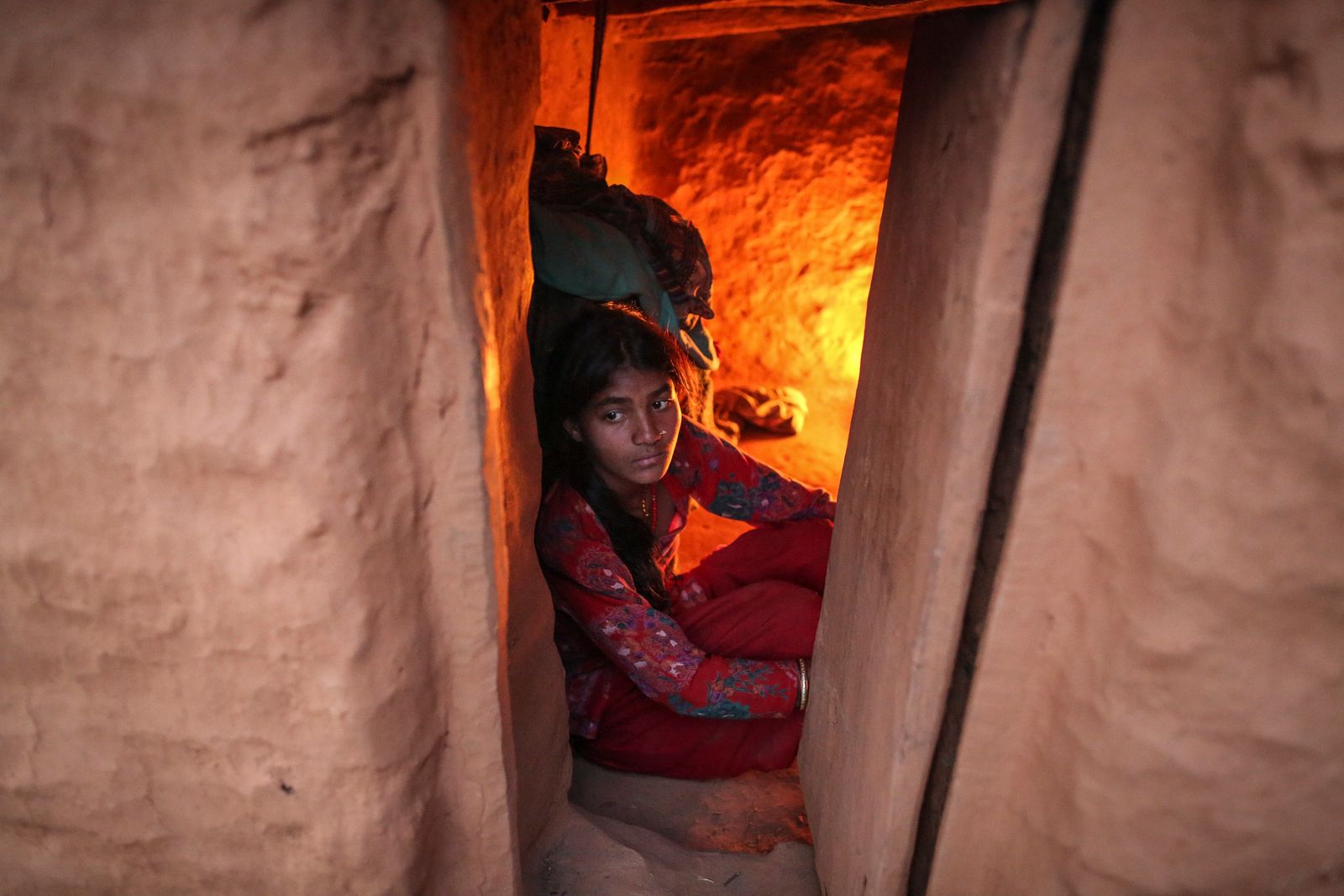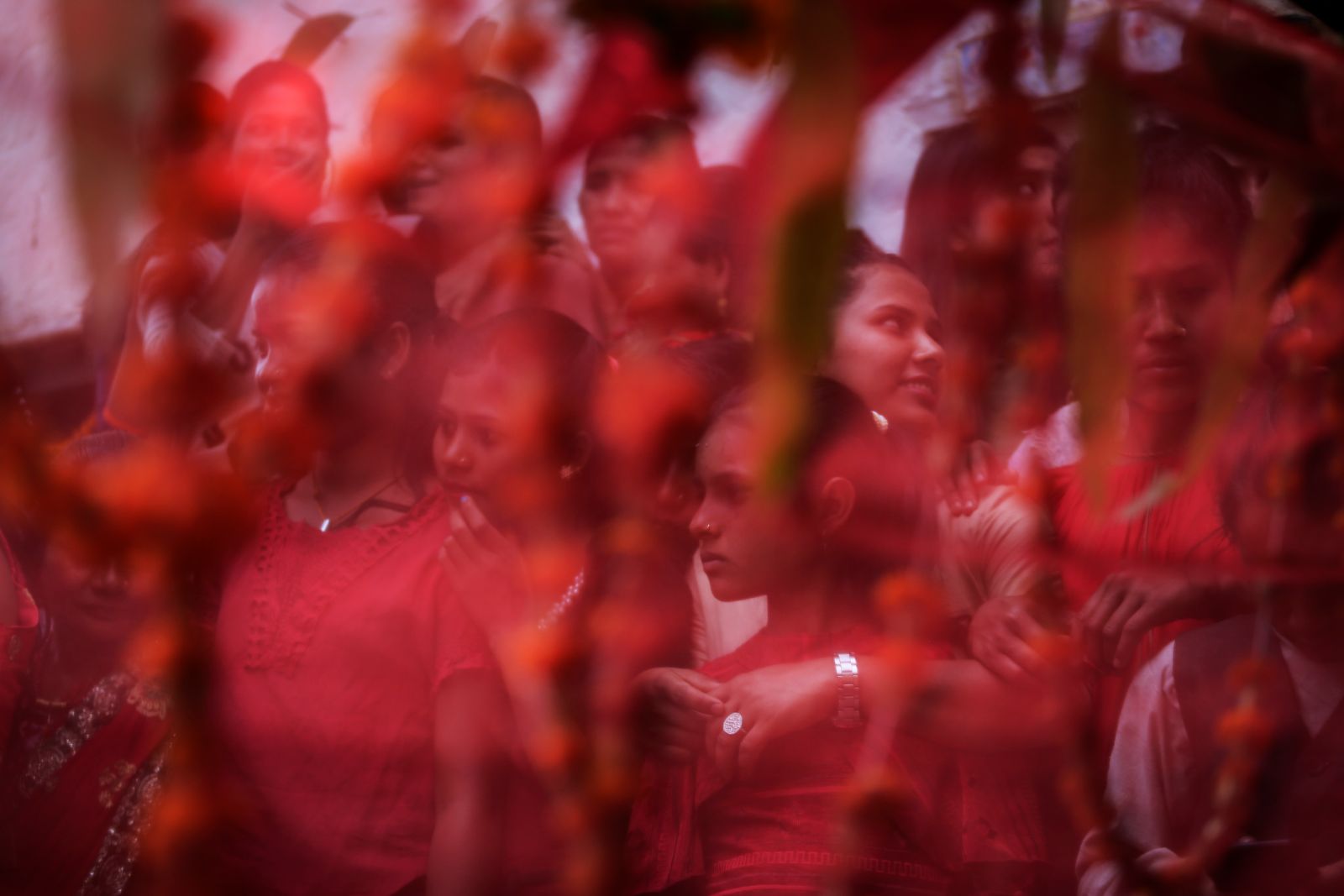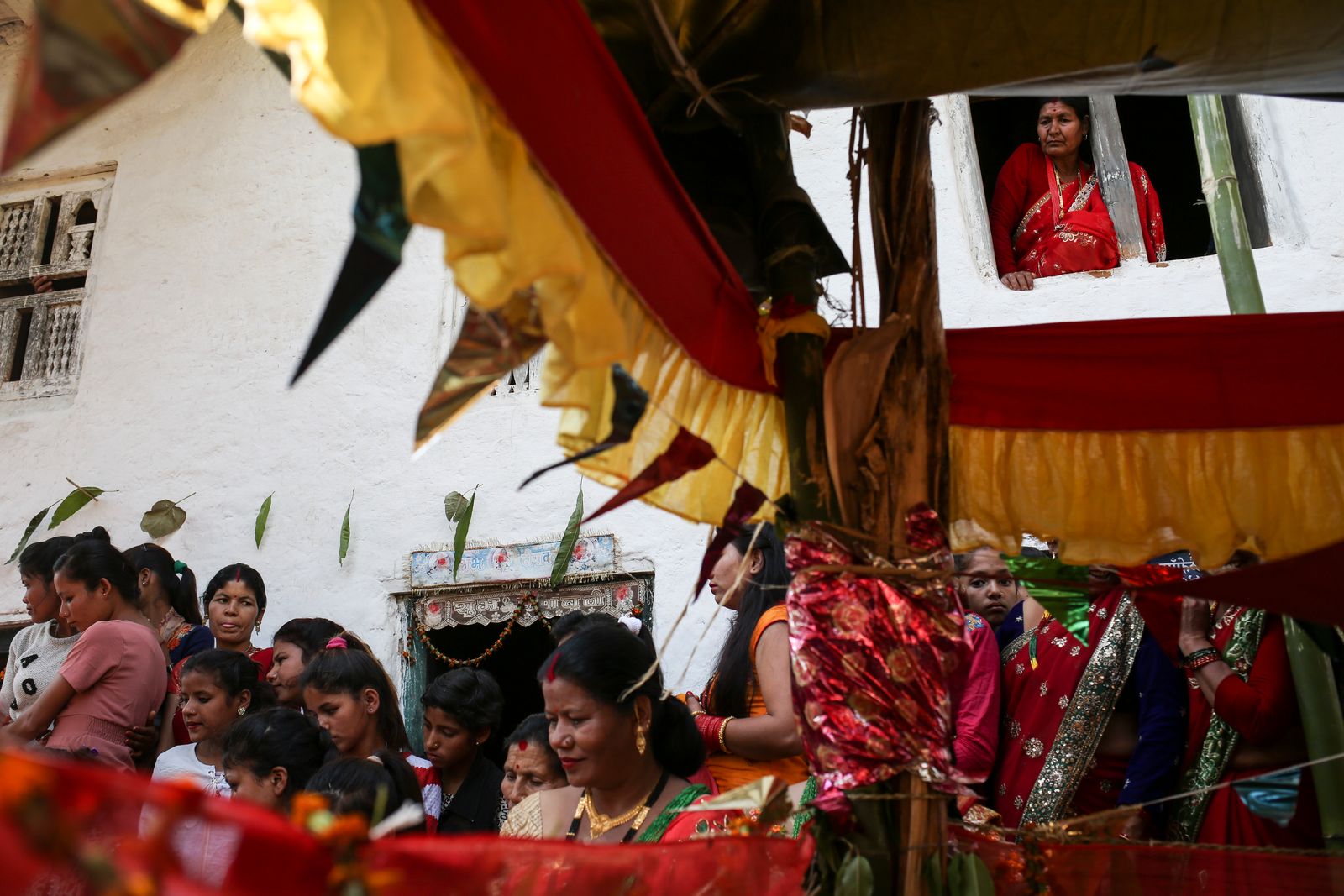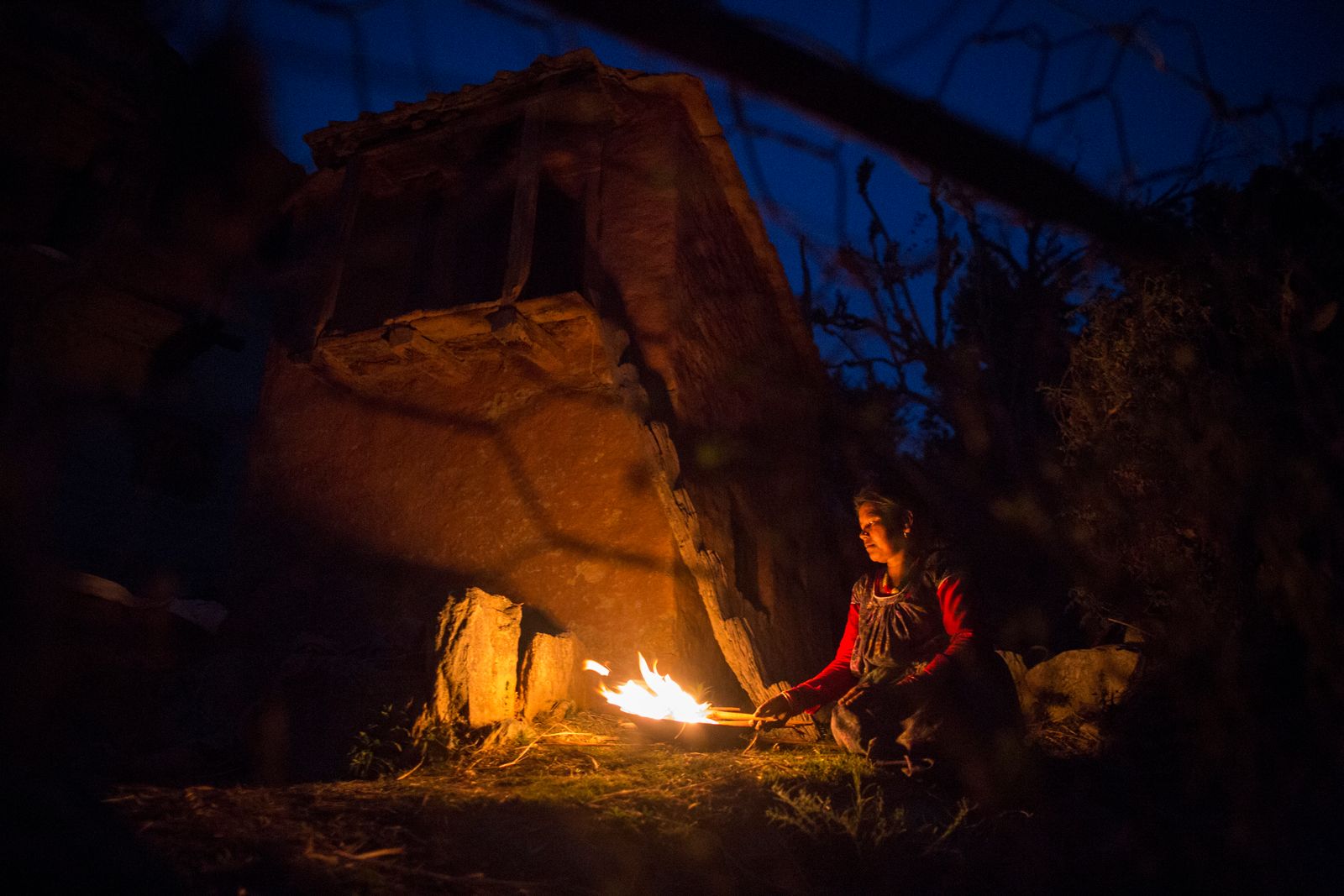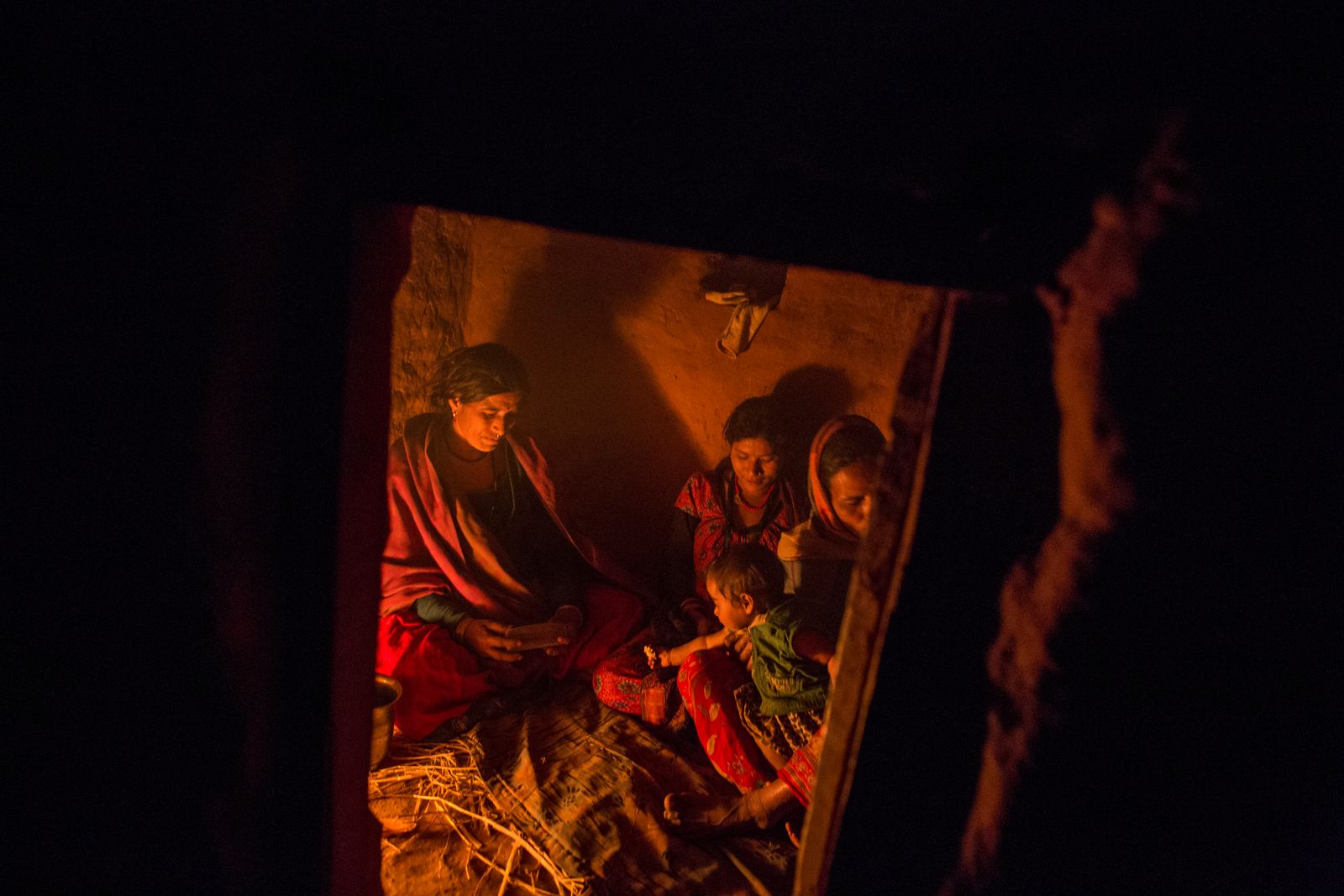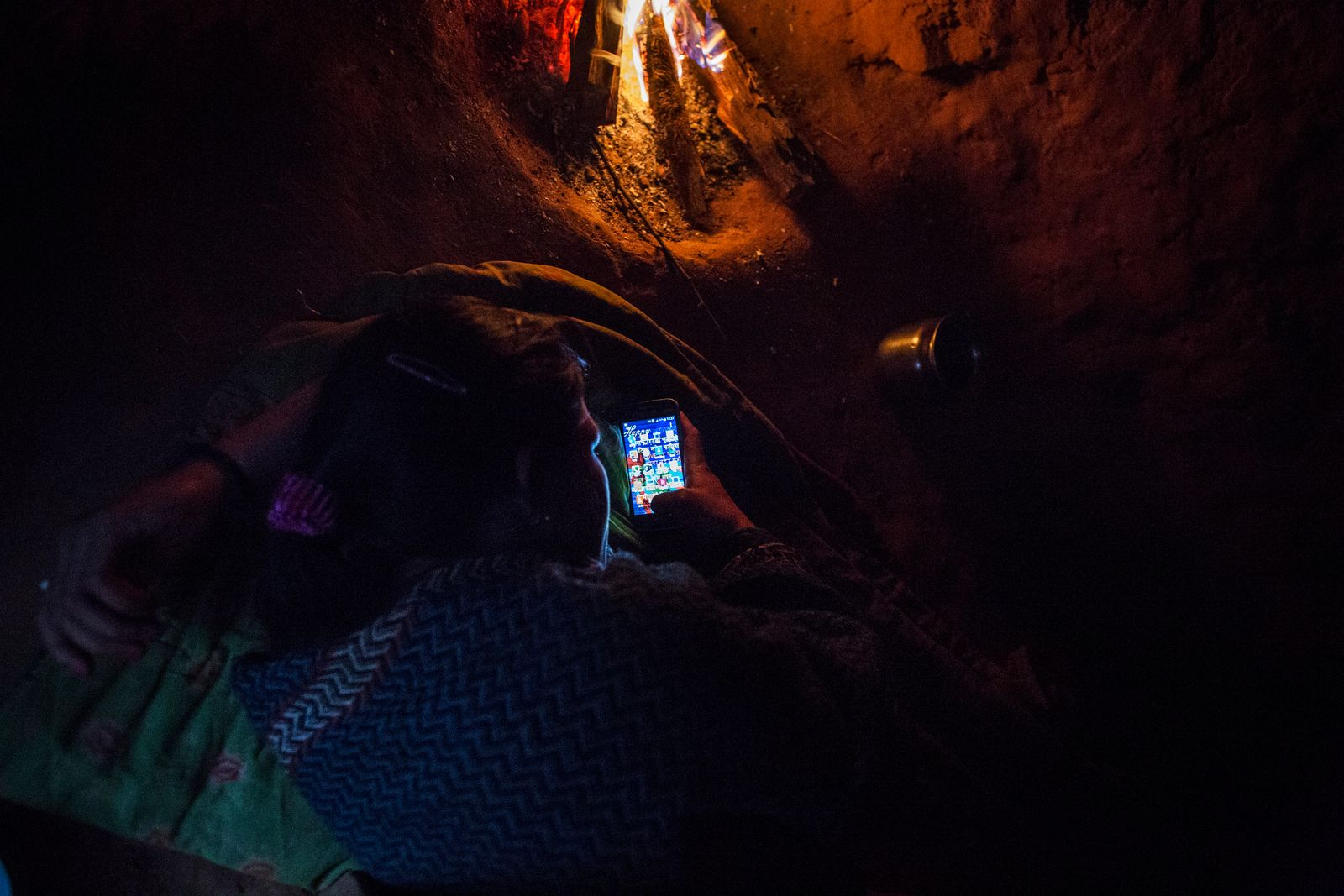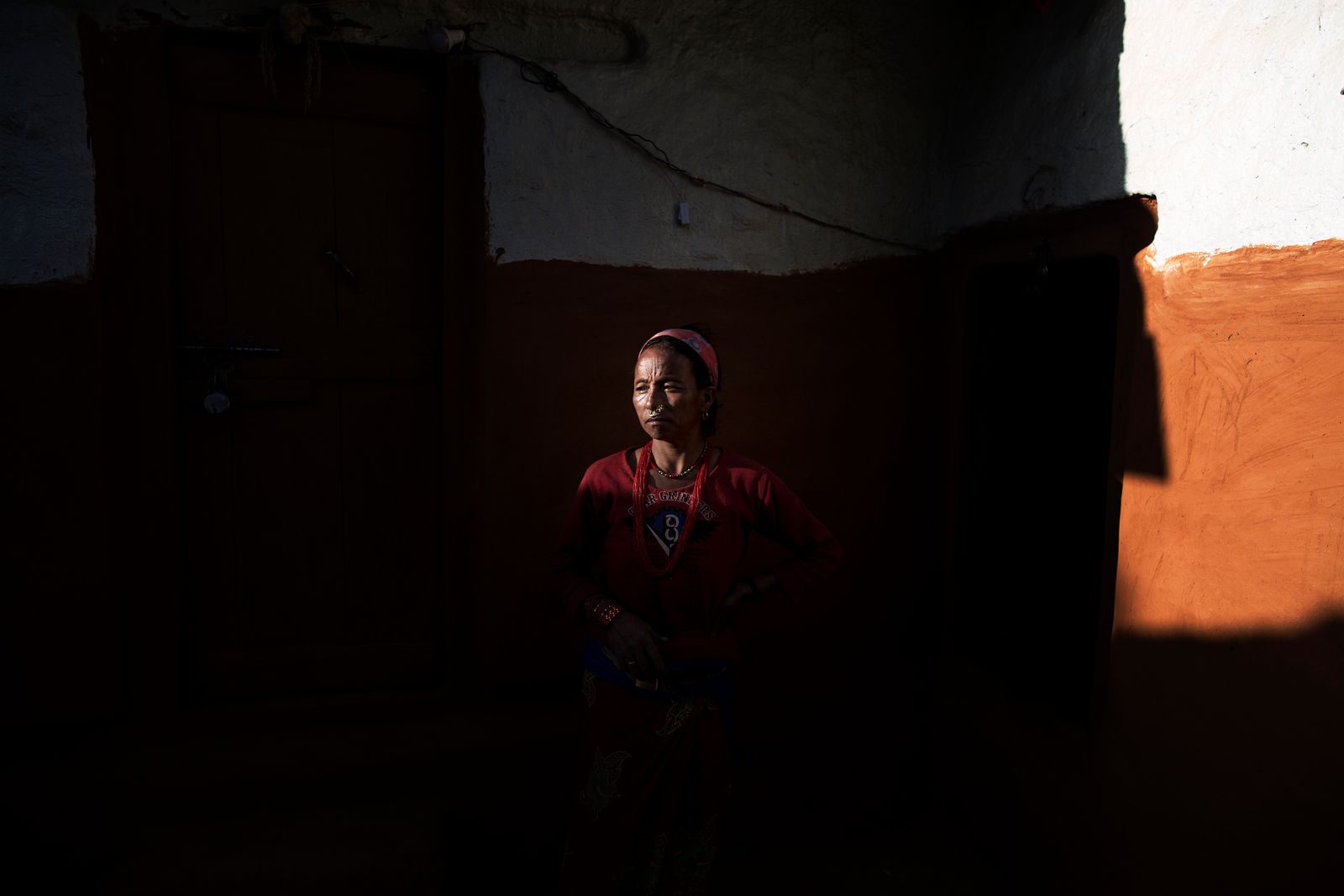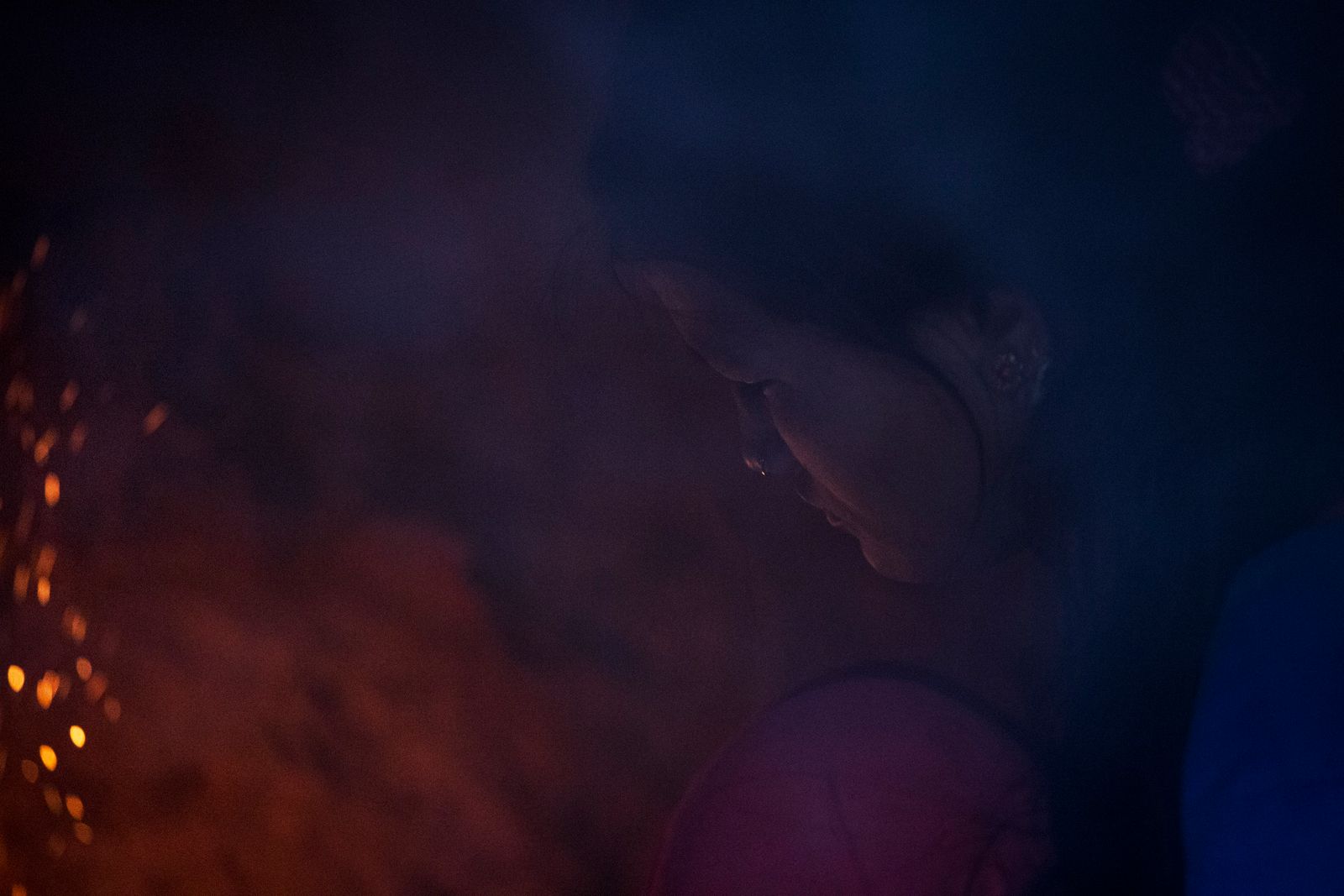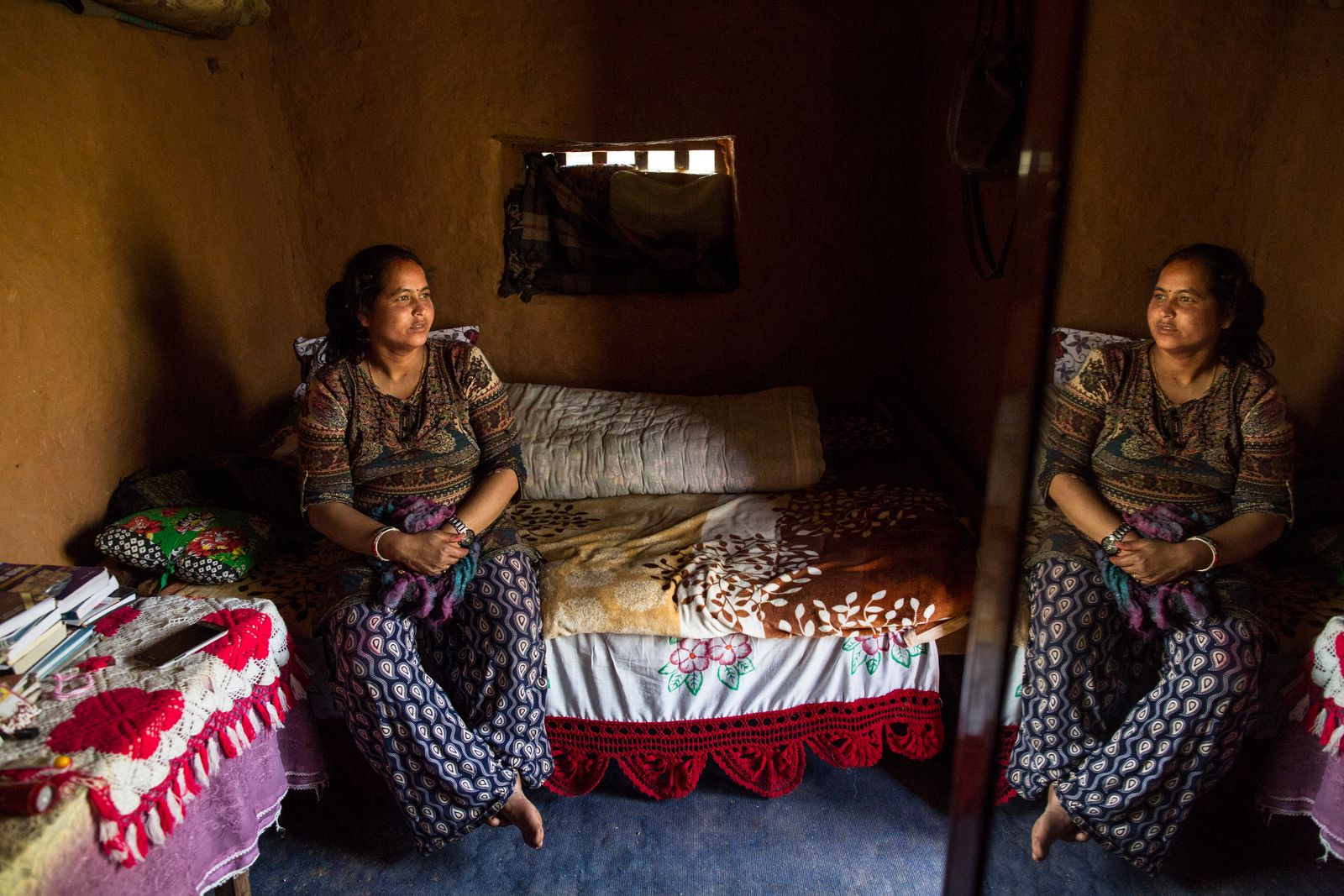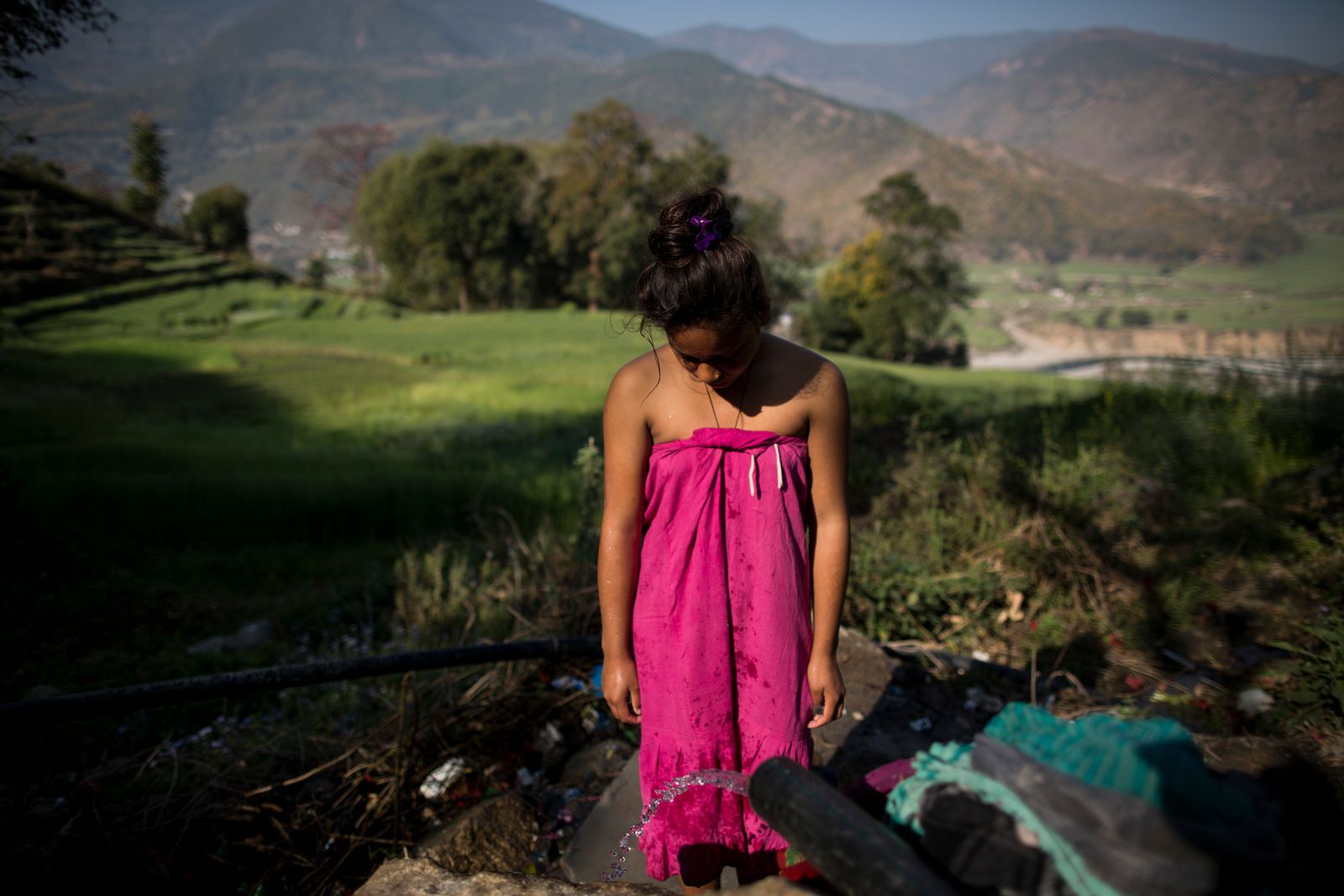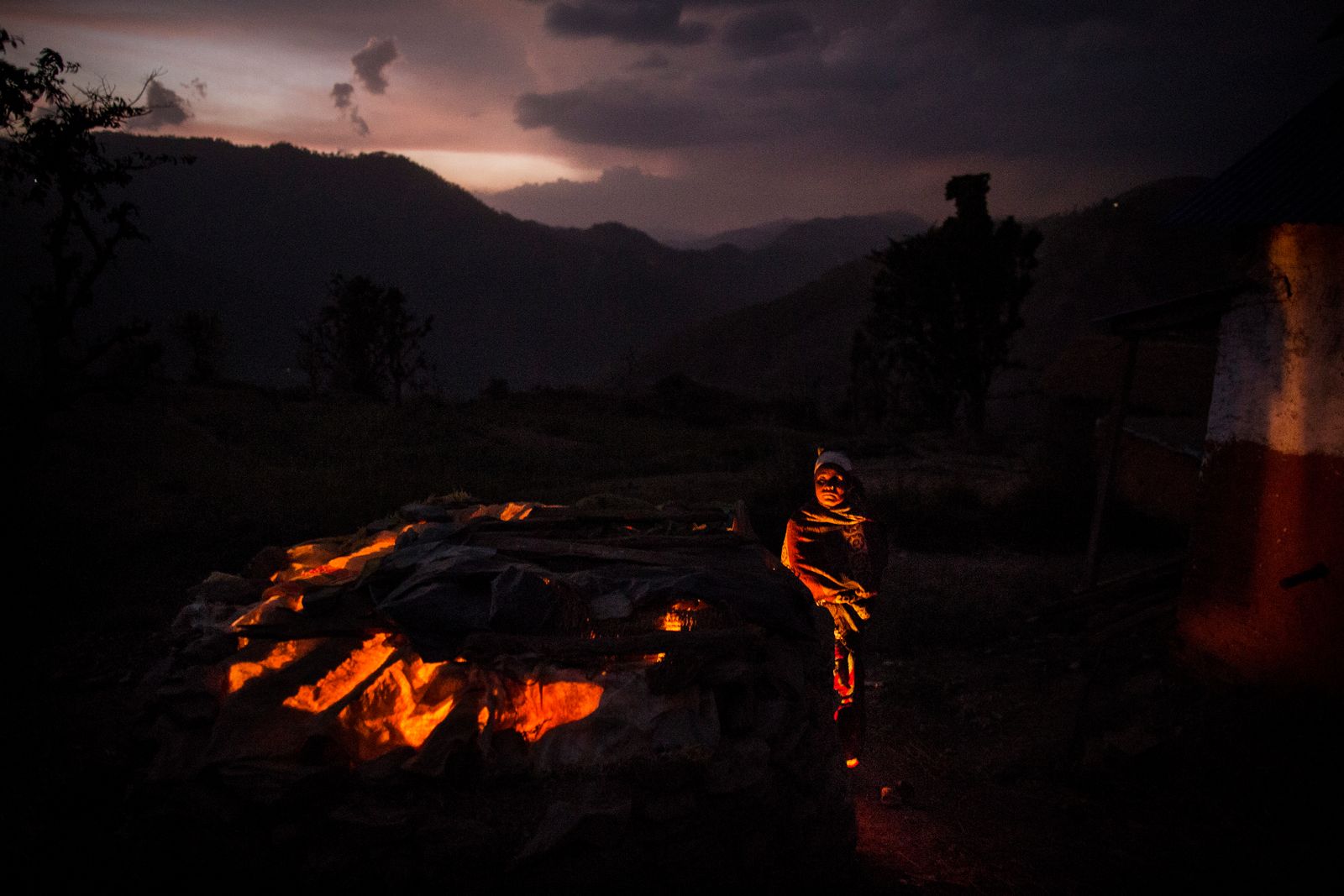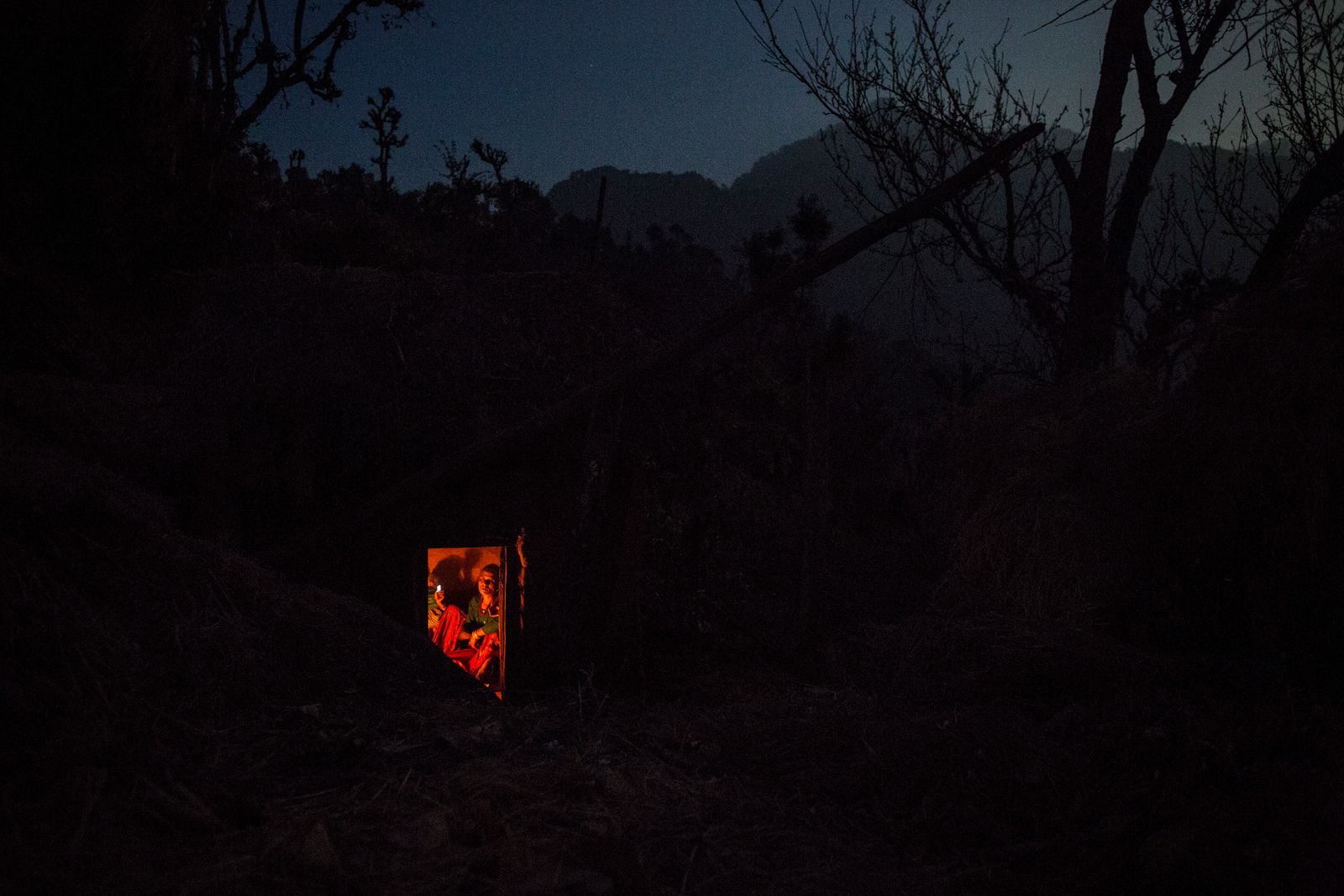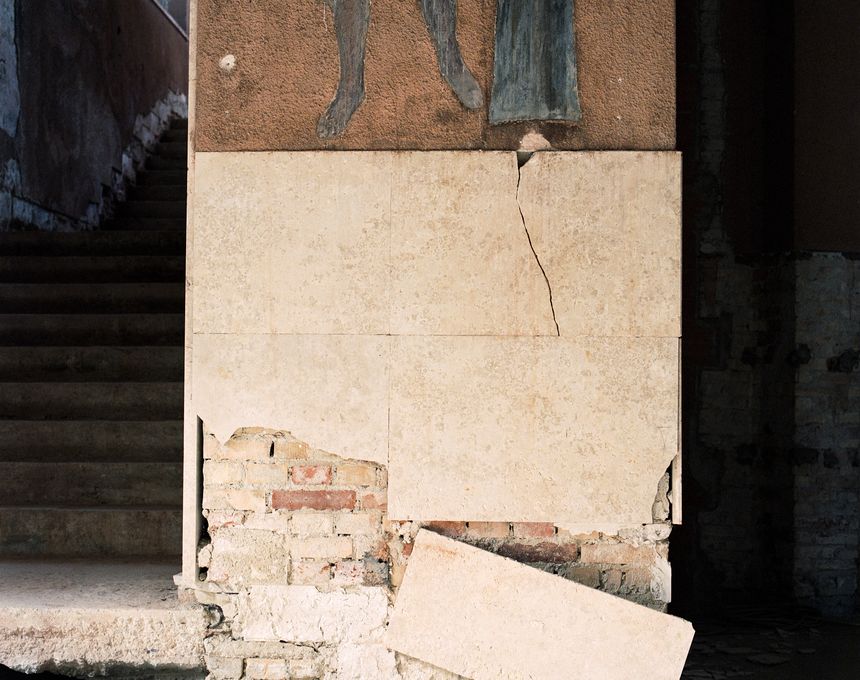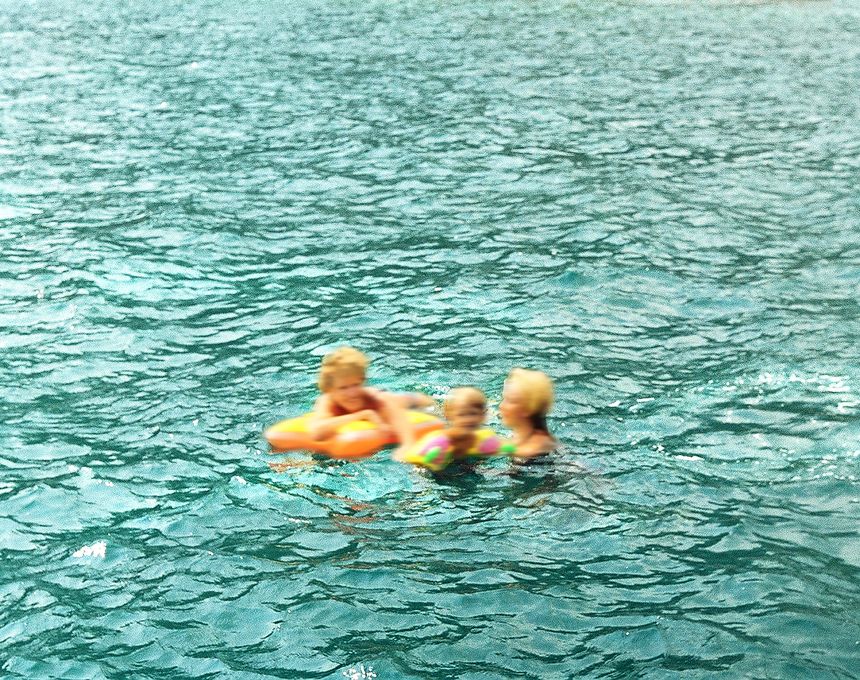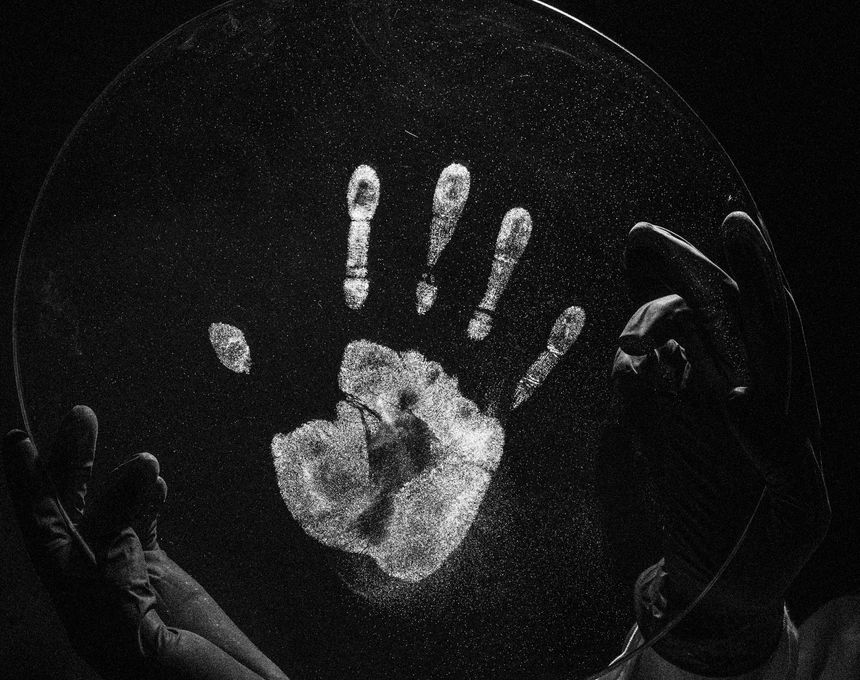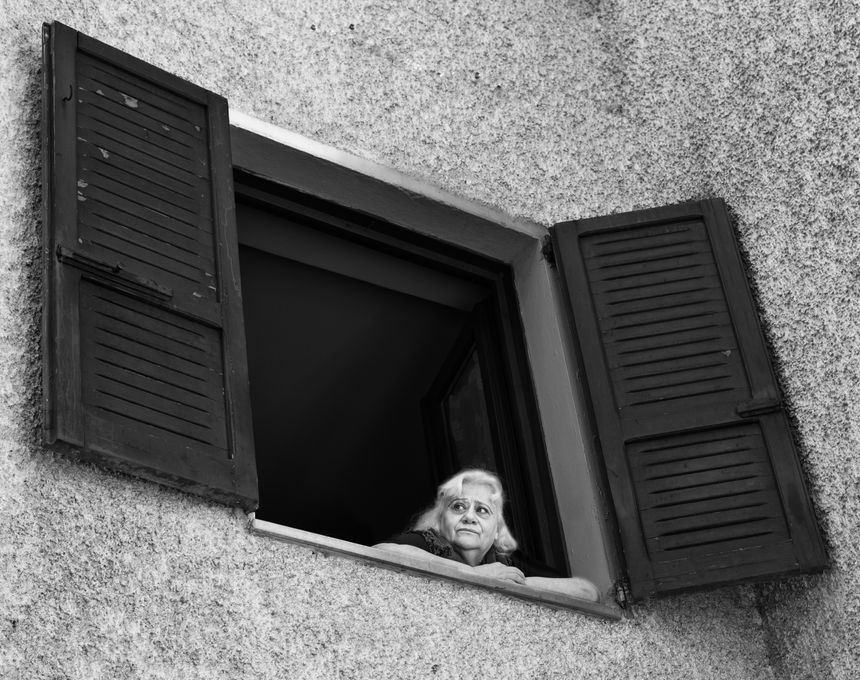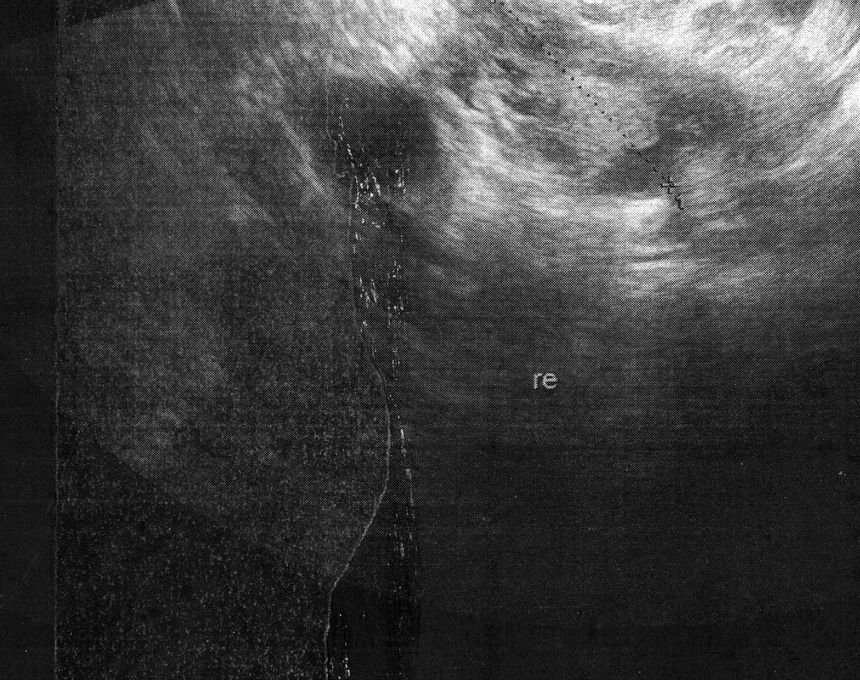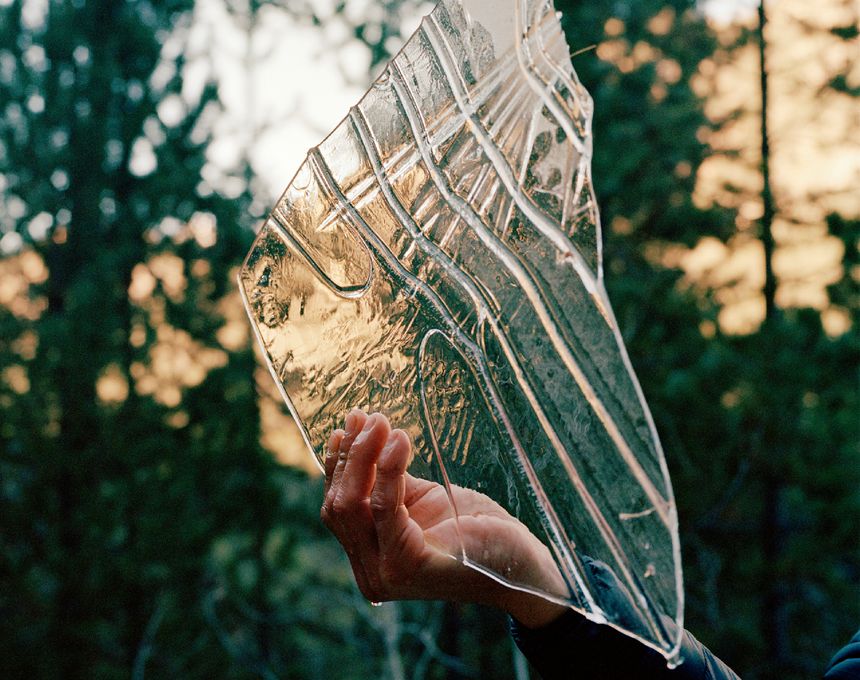Chhaupadi - the outlawed practice still hurting women in Nepal
-
Dates2018 - 2018
-
Author
The tradition of chhaupadi in the country is based in the belief that a woman is impure and brings evil spirits into the home during her period -- which in practice has meant they are supposed to stay in small huts or animal sheds during their menstruation cycle. This has been outlawed in Nepal in the last year due to women dying of smoke inhalation, snake bites, and unsanitary conditions, but many in remote provinces like Accham still perform the ritual.
